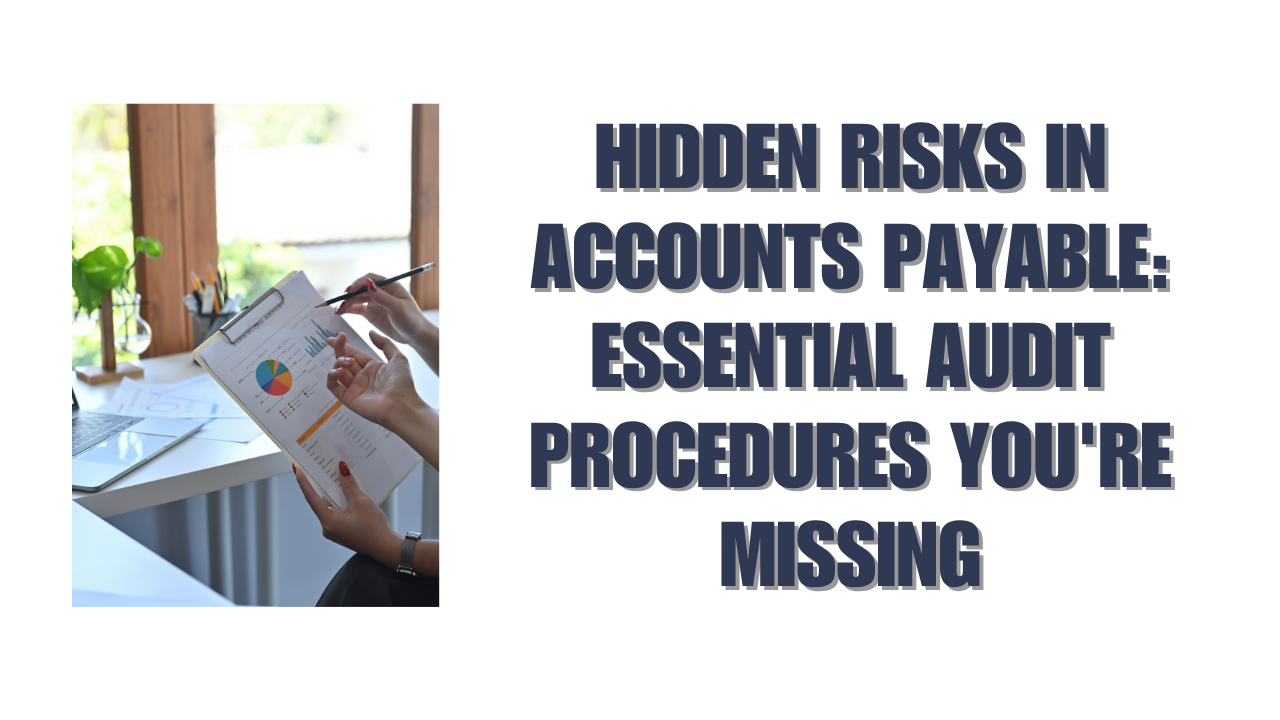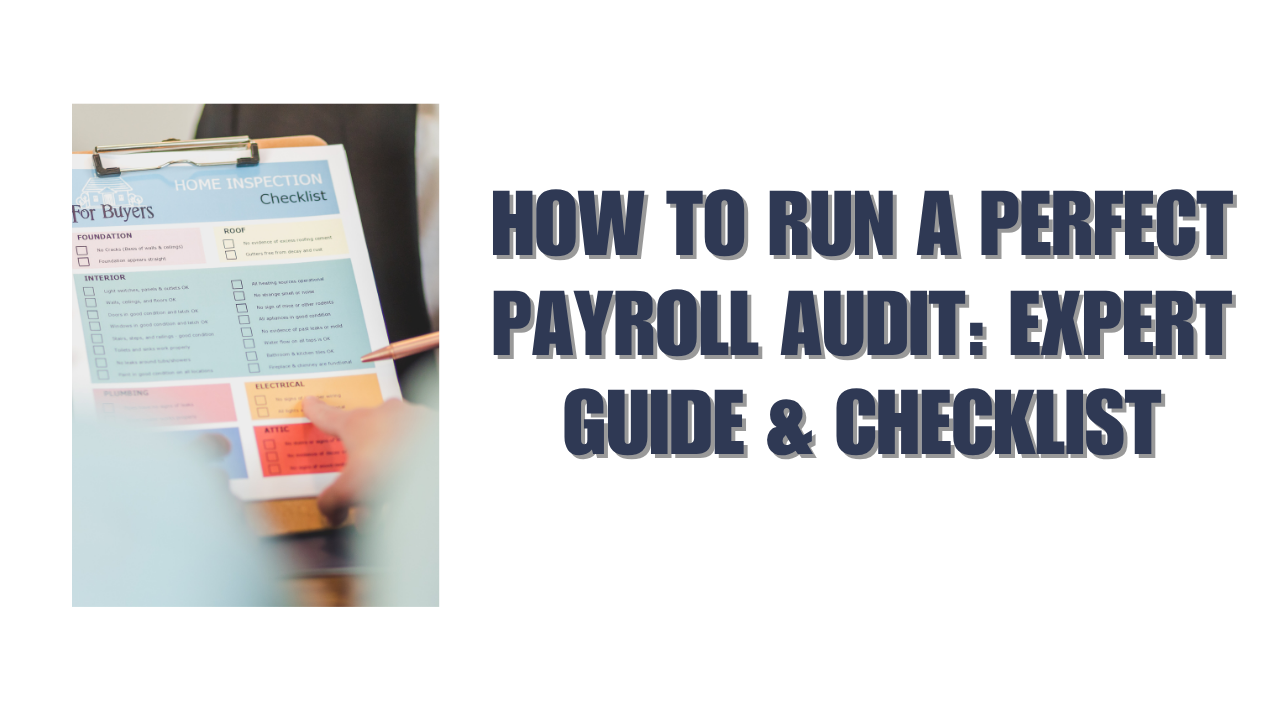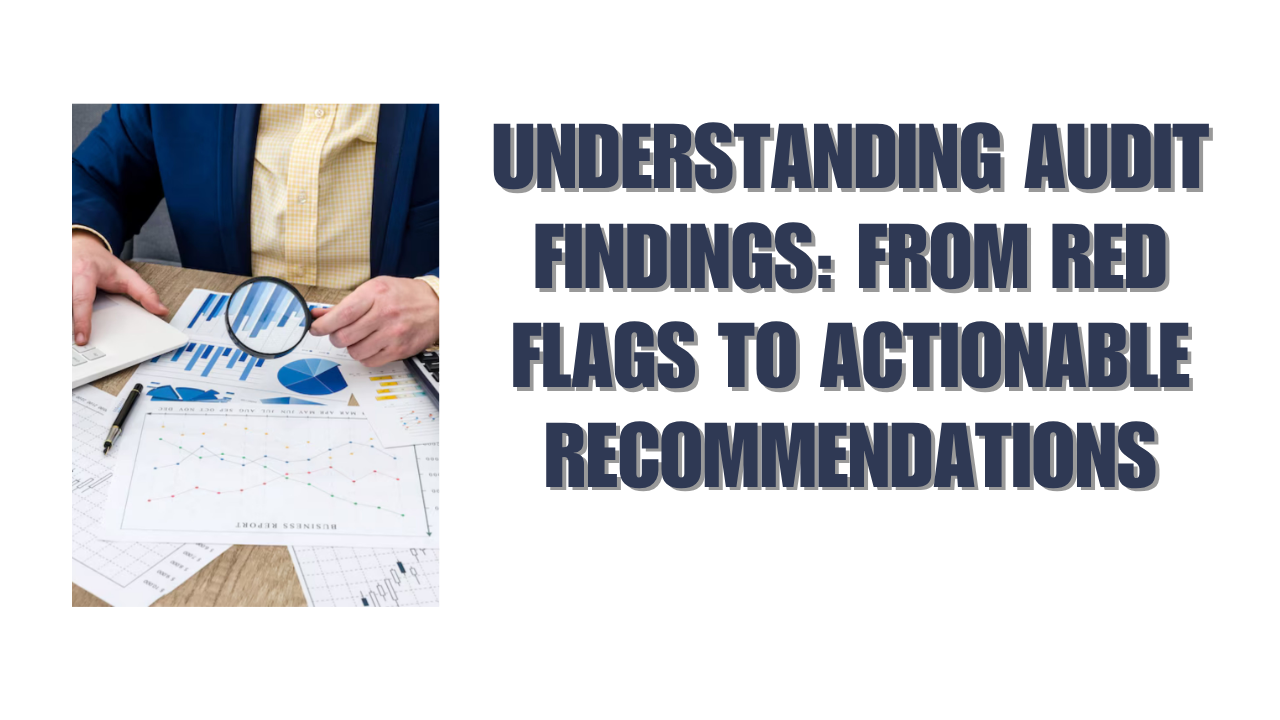Your bottom line depends heavily on choosing between an interim CFO and a full-time CFO, regardless of whether you run a startup or a $300 million enterprise in NZ. Businesses must think over their financial leadership options carefully, as interim CFO rates typically range from $800 to $2,000 per day.
Full-time CFOs bring traditional benefits and long-term commitment to the table. Meanwhile, interim CFOs excel at providing specialized expertise during critical periods such as business transformations or restructuring. These temporary financial leaders usually work for 3-9 months. They deliver immediate support without lengthy recruitment processes or extended financial commitments.
The right financial leadership plays a vital role in your business success. This piece breaks down the actual costs and benefits of both interim and full-time CFOs. You’ll learn how to make an informed decision that matches your business goals and budget in NZ.
Understanding CFO Costs in NZ
New Zealand’s full-time CFO salaries show significant regional differences. Auckland tops the list with an average annual salary of $398,260. Wellington comes close at $393,956, while Christchurch CFOs earn around $358,178. Chief financial officers across the country earn between $383,762 and $417,874 annually.
Business size and project scope play key roles in determining interim CFO costs. Startups focused on establishment and growth can expect to pay daily rates between $1,364 and $2,046. Businesses that generate $170 million to $511 million in turnover need to budget $1,705 to $2,728 per day for interim CFOs.
Larger enterprises face a different cost structure. Companies with revenue above $511 million typically pay $2,387 to $3,411 daily for interim CFO services. Small and medium enterprises often find part-time arrangements more suitable, with rates ranging from $170 to $255 per hour.
Interim financial leadership has proven to be an affordable investment for many organizations. A newer study shows that 92% of New Zealand CFOs find working with interim managers financially advantageous. Business transformation projects account for 48% of the demand, while project management initiatives make up 38%.
When to Choose Each Option
A company’s size and revenue are the main indicators that determine CFO selection in New Zealand. Companies need a full-time CFO at the time their annual revenue exceeds NZD 17.06 million. Smaller organizations get better results from interim CFO services that match their growth stage.
Interim CFOs shine in specialized scenarios. These financial leaders’ step in to handle mergers, acquisitions, or system implementations. They are a great way to get experience for startups and growing businesses that want to test the waters before hiring their first permanent CFO.
Different business phases need different approaches:
- Growth Periods: Interim CFOs manage rapid expansion and spot potential financial problems
- System Upgrades: They build reliable financial reporting systems and improve controls
- Leadership Gaps: They step in when permanent CFOs leave or take extended breaks
- Cost Management: They help businesses focus on profitability and reduce waste
On top of that, interim CFOs deliver immediate value through their specialized expertise. The core team benefits from their infrastructure setup, mentoring of promising accountants, and development of independent teams. These professionals adjust their core skills to match each organization’s phase – offering different expertise to startups versus 10-year old businesses.
Large organizations need full-time CFOs for consistent strategic leadership and complex financial management. Interim CFOs provide flexible, specialized support without long-term commitments. This makes them perfect for businesses in transition or those who need expert guidance for specific projects.
Real Cost Savings Analysis
Case studies show how businesses save money by working with interim CFOs in New Zealand. Companies saved NZD 51,170-40,000 right away through smart financial restructuring. Their spending dropped 20% when they negotiated better deals with suppliers.
These CFOs bring more value than just cutting costs. Business owners spend less time on daily operations because interim CFOs set up better accounting systems and job management software [21, 22].
Working with interim CFOs helps businesses:
- Know how to forecast cash flow and plan budgets better
- Make more money by cutting waste and managing costs
- Build stronger financial controls and follow rules better
- Help teams perform better through mentoring
92% of New Zealand businesses get better financial results when they work with interim CFOs. These partnerships work well because companies get expert knowledge without long-term commitments.
Full-time CFOs give ongoing strategic advice, but interim CFOs focus on quick cost savings that show results fast. They spot wasteful spending and fix problems quickly. Companies usually earn back their investment faster. This makes interim CFOs a smart choice for businesses that want to improve their finances without adding permanent costs.
Comparison Table
| Aspect | Interim CFO | Full-Time CFO |
| Cost/Rates | – Daily rates: $800-$2,000 – Startups: $1,364-$2,046/day – Mid-size ($170M-$511M): $1,705-$2,728/day – Large enterprises (>$511M): $2,387-$3,411/day – SME hourly rates: $170-$255 |
– Auckland: $398,260/year – Wellington: $393,956/year – Christchurch: $358,178/year – National average: $383,762-$417,874/year |
| Engagement Duration | 3-9 months typically | Long-term commitment |
| Suitable Business Scenarios | – Business transformations – Project management – Mergers & acquisitions – System implementations – Leadership gaps – Rapid growth periods – Budget optimization initiatives |
– Steady strategic leadership – Complex, ongoing financial management – Long-term financial planning |
| Target Business Size | Companies below NZD 17.06M annual revenue | Companies above NZD 17.06M annual revenue |
| Key Benefits | – Ready-to-use specialized expertise – Flexible engagement – No long-term commitments – Swift solution deployment – Better cash flow forecasting – Higher profitability – Robust financial controls |
– Ongoing strategic guidance – Standard benefits package – Dedicated focus on company growth – Stable financial leadership |
Conclusion
Your business size, goals, and financial requirements play a vital role when selecting between an interim and full-time CFO. Companies generating revenue below NZD 17.06 million get the best results from interim CFO services. Larger organizations need permanent financial leadership.
Interim CFOs offer budget-friendly advantages in specific scenarios. Their expertise brings immediate value by boosting cash flow management and simplified processes. They also help reduce costs strategically. New Zealand businesses have seen positive financial outcomes from interim CFO partnerships 92% of the time.
Larger enterprises need full-time CFOs to provide consistent strategic guidance and handle complex financial management effectively. These CFOs’ steadfast dedication supports sustained growth and stability in financial leadership. Full-time CFOs command higher annual salaries in major cities like Auckland and Wellington, but they provide continuous strategic support that established businesses need.
Your organization’s current phase and objectives will determine the right choice. Startups and growing businesses find interim CFOs more budget-friendly, especially during transformational periods or specific projects. Companies with complex financial needs get better results from a full-time CFO’s dedicated attention and ongoing strategic input.
FAQs
Q1. What is the typical cost range for an interim CFO in New Zealand?
Interim CFO rates in New Zealand vary based on business size and project scope. For startups, daily rates range from $1,364 to $2,046, while larger enterprises with revenue exceeding $511 million may invest $2,387 to $3,411 per day for interim CFO services.
Q2. How does an interim CFO differ from a full-time CFO?
An interim CFO provides specialized expertise for a short-term period (typically 3-9 months), offering immediate support without long-term commitments. Full-time CFOs, on the other hand, provide continuous strategic guidance and are better suited for larger organizations requiring complex, ongoing financial management.
Q3. At what point should a company consider hiring a full-time CFO?
Companies typically need a full-time CFO after crossing NZD 17.06 million in annual revenue. Organizations below this threshold often benefit more from interim CFO services, which can be adapted to their specific growth stage and needs.
Q4. What are the key benefits of hiring an interim CFO?
Interim CFOs offer immediate specialized expertise, flexible engagement, and quick implementation of solutions. They excel in enhancing cash flow forecasting, improving profitability, strengthening financial controls, and providing targeted cost optimization without long-term financial commitments.
Q5. How do interim CFO services impact a company’s bottom line?
Studies show that 92% of New Zealand businesses report positive financial outcomes from interim CFO partnerships. These professionals can deliver immediate tax savings, reduce material spending, implement operational efficiencies, and typically recoup their engagement costs rapidly through strategic financial restructuring and cost management.





